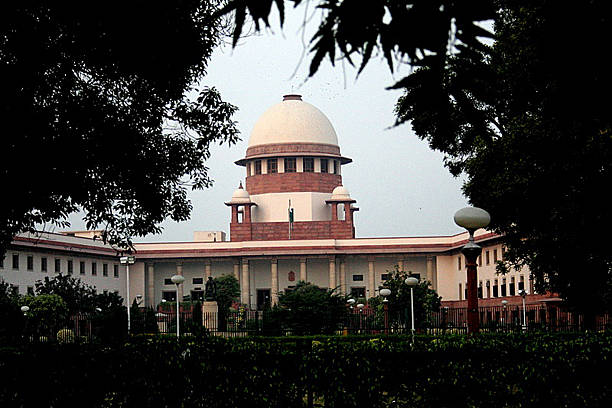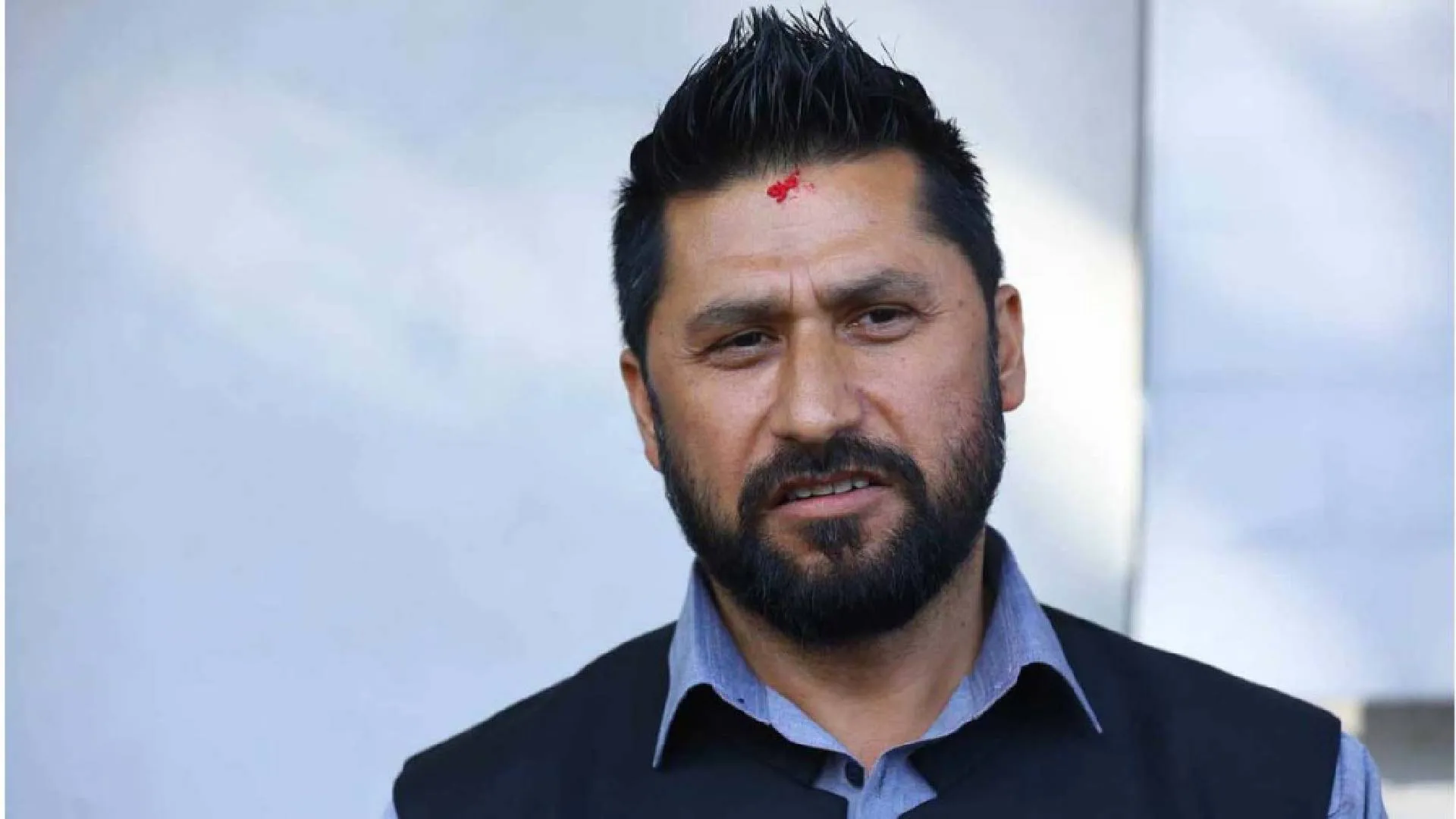The Supreme Court in the case Airports Authority of India versus Centre for Aviation Policy observed that the terms of invitation to tender are not open to judicial scrutiny, the top court has set aside a Delhi High Court’s order which had quashed the Airport Authority of India’s tender conditions for selecting Ground Handling Agencies (GHA) agencies at Group D Airports.
The bench comprising of Justice MR Shah and the Justice Krishna Murari observed and has stated that the Delhi High Court committed a “serious error” by entertaining a writ petition at the instance of a third party- an group of advocacy called Centre For Aviation Policy -when none of the GHAs challenging the tender conditions. Thus, the writ petition should have been dismissed on the ground of locus standi (Airports Authority of India versus Centre for Aviation Policy).
The court observed that in view of the matter, it is not appreciable how respondent No.1 (CAPSR) – original writ petitioner being an NGO would have any locus standi to maintain the writ petition, wherein challenging the tender conditions in the respective RFPs. Respondent No.1 cannot be said to be an aggrieved party in the case.
The Court stated that the even on merits, the High Court should not have interfered with the tender conditions, observed the Supreme Court. While referring to various precedents regarding limited scope of judicial interference in tender conditions
Further, the court stated that as per the settled position of law, the terms and conditions of the Invitation to Tender are within the domain of the tenderer/tender making authority and are not open to judicial scrutiny, unless they are arbitrary, discriminatory or mala fide and as per the settled position of law, the terms of the Invitation to Tender are not being open to judicial scrutiny and the same being in the realm of the contract. The Government/tender/tenderer making authority must have a free hand in setting the terms of the tender.
The bench observed and has stated that the court cannot interfere with the terms of the tender prescribed by the Government because it feels that some other terms in the tender would have been wiser, fair, or logical.
It was observed that the AAI approached the Supreme Court against the order of the High Court dated July 14, 2021, by which it has allowed the said writ petition of the NGO and has struck down the decision to carry out region-wise sub-categorisation of the 49 airports falling under Group D-1 and the stipulation that only the previous work experience in respect of providing the GHS to scheduled aircrafts shall be considered and will be acceptable. It was also found by the High Court that the revised minimum Annual Turnover criteria of INR 18 crores as discriminatory and arbitrary.
Accordingly, the Supreme Court noted that the AAI explained before the High Court the rationale behind the respective conditions, namely, clustering of 49 airports into 4 region-wise sub-categories/clusters; criteria for evaluation of 36 months having experience in the past 7 years in providing 3 out of 7 Core GHS and the financial capacity and an Annual Turnover of Rs. 30 crores (modified as Rs. 18 crores) in any of the one of last three financial years.
The court stated that while having gone through the respective clauses/conditions which are held to be arbitrary and illegal by the High Court, the court is of the opinion that the same cannot be said to be malafide or/ arbitrary and/or actuated by bias. However, it was for the AAI to decide its own terms and fix the eligibility criteria.

















